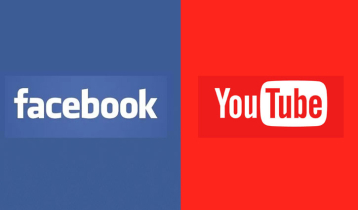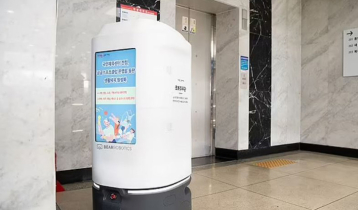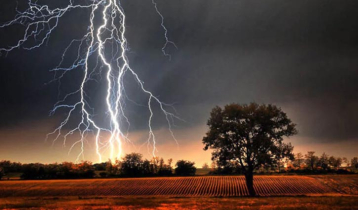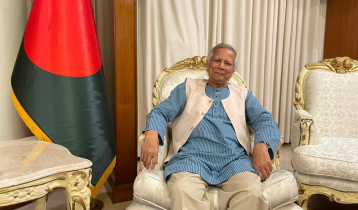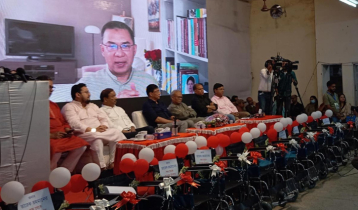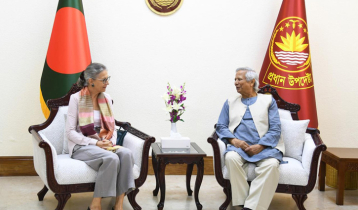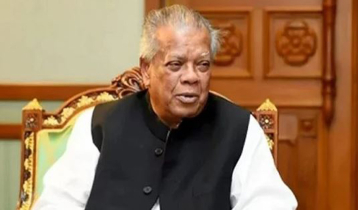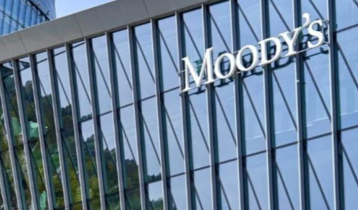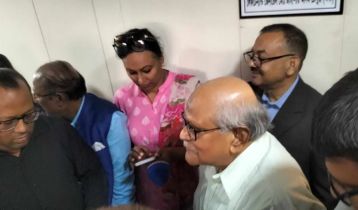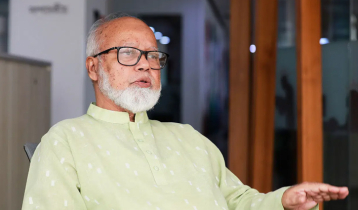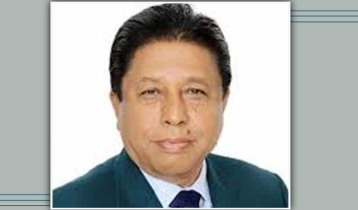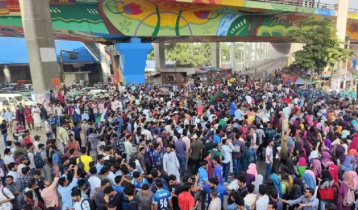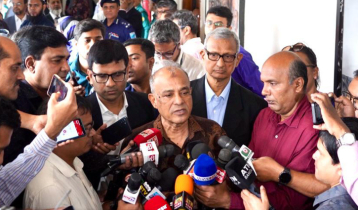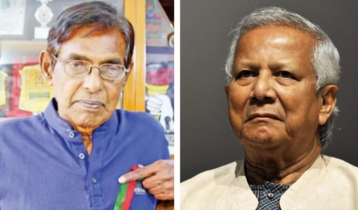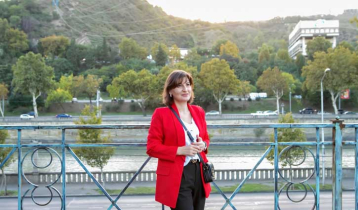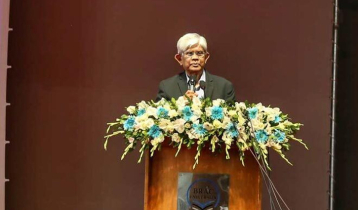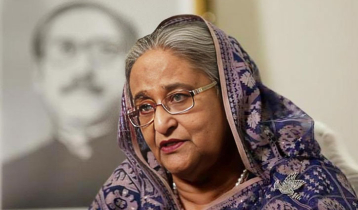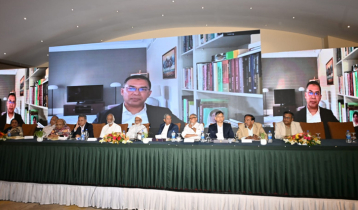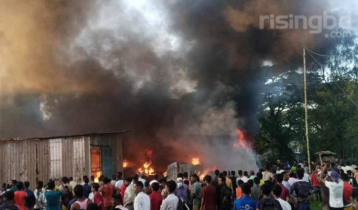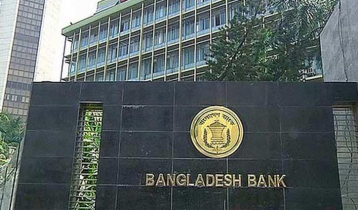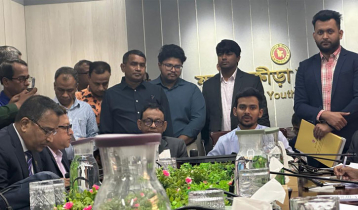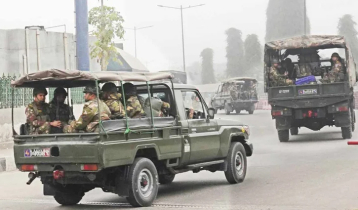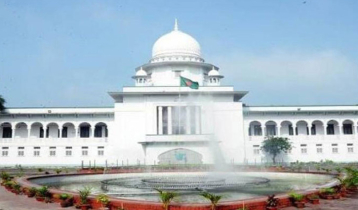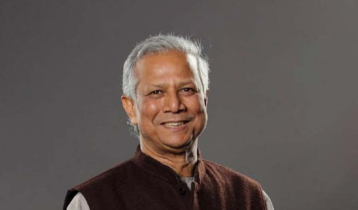Facebook being used to 'incite real harm' in Myanmar: Zuckerberg
5 || risingbd.com
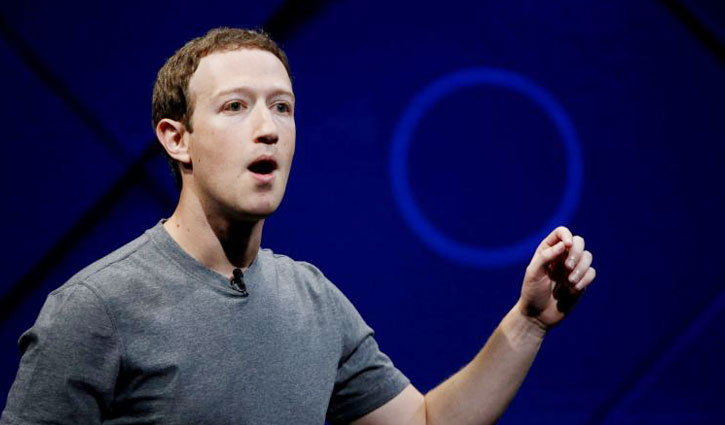
Risingbd Desk: Facebook's chief executive and co-founder Mark Zuckerberg said the social media company is aware that its tools have been used to spread anti-Rohingya propaganda and "incite real harm" in Myanmar.
In an interview published by online news site Vox on Monday (April 2), he said Facebook is paying attention to its role as a platform for disseminating messages that could fuel conflict between Rohingya Muslims and Rakhine Buddhists.
"The Myanmar issues have, I think, gotten a lot of focus inside the company. I remember, one Saturday morning, I got a phone call and we detected that people were trying to spread sensational messages through - it was Facebook Messenger in this case - to each side of the conflict, basically telling the Muslims, Hey, there's about to be an uprising of the Buddhists, so make sure that you are armed and go to this place.' And then the same thing on the other side," he said.
"That's the kind of thing where I think it is clear that people were trying to use our tools in order to incite real harm. Now, in that case, our systems detect that that's going on. We stop those messages from going through. But this is certainly something that we're paying a lot of attention to," he added.
Militant attacks in August (2017) in Myanmar's Rakhine State sparked a military crackdown that forced some 700,000 Rohingya Muslims to flee to Bangladesh. The United Nations and several Western countries have said the crackdown constitutes ethnic cleansing. Myanmar rejects that, saying its forces have been waging a legitimate campaign against "terrorists" who attacked government forces.
Vox editor-at-large Ezra Klein, who interviewed Mr Zuckerberg, referred to the violence, saying: "One of the scary stories I've read about Facebook over the past year is that it had become a real source of anti-Rohingya propaganda in Myanmar, and thus become part of an ethnic cleansing."
He asked Mr Zuckerberg if Facebook is too big to manage its global scale in some countries effectively.
He cited comments made by Mr Phil Robertson, a deputy director of Human Rights Watch in Asia, that while Facebook is dominant as a source of news information in Myanmar, the country is not an incredibly important market for Facebook - which has led to Facebook being like an "absentee landlord" in South-east Asia.
"It doesn't get the attention we give things that go wrong in America. I doubt you have a proportionate amount of staff in Myanmar to what you have in America," Mr Klein said.
Mr Zuckerberg said Facebook does need to become "a more global company".
"We have offices all over the world, so we're already quite global. But our headquarters is here in California and the vast majority of our community is not even in the US, and it's a constant challenge to make sure that we're putting due attention on all of the people in different parts of the community around the world," he said.
Source: The Straits Times
risingbd/Dhaka/April 3, 2018/AI
risingbd.com




